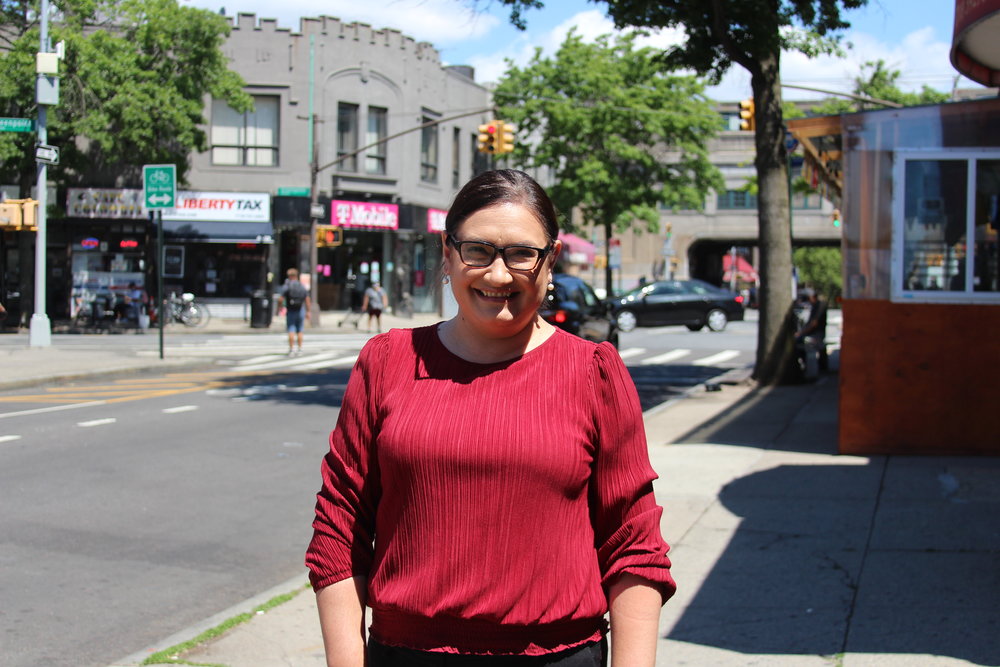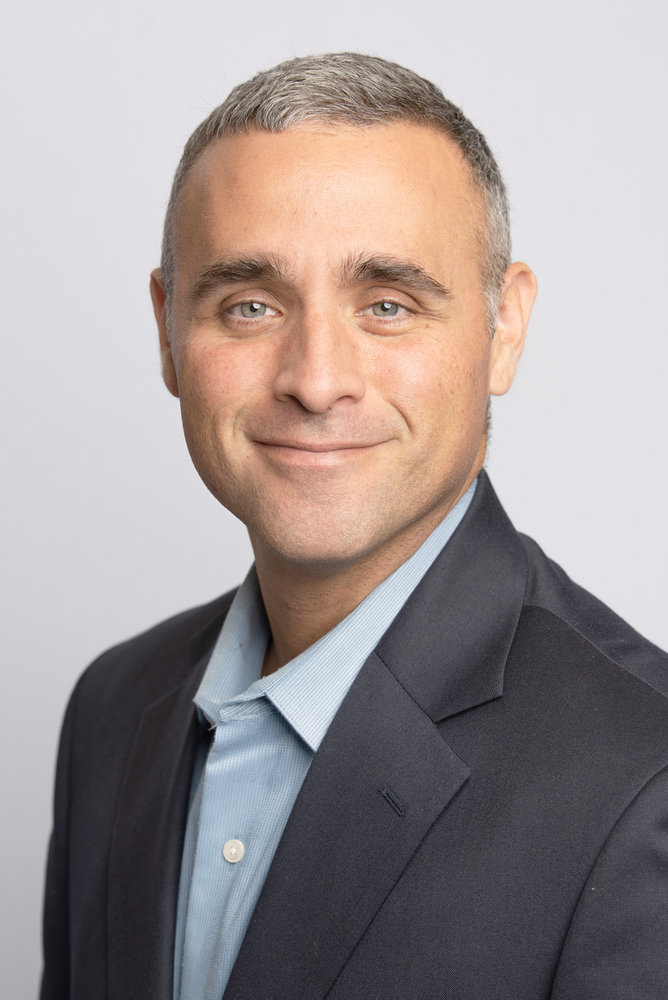Ingrid Gomez challenging incumbent for council seat
Although she may be soft spoken, it doesn’t take long to realize that Ingrid Gomez has a bold vision and concrete plan to improve the neighborhoods of Corona, Elmhurst, Jackson Heights, and Lefrak City.
With the Democratic Primary just around the corner, the first-time candidate is looking to unseat incumbent Francisco Moya and bring her own fresh perspective to City Hall.
Ingrid Gomez was born in Colombia and moved to the U.S. with her family when she was seven. After growing up and going to school in the Bronx, Gomez moved to Corona where she has lived ever since.
She is also a social worker at a pre-K center in the district she hopes to one day represent.
“We have a very needy population,” Gomez explained of District 21. “There are a lot of social and emotional needs that children have. As a social worker, I am helping people with their everyday problems.”
The district is one of the most diverse in the city, with a 60 percent foreign-born population that includes large Latino, Asian, and Black communities. Gomez believes that her experience as a social worker gives her insight into the area’s equally diverse issues and needs.
“I saw the conditions of our neighborhood as a social worker that lives in our community,” she said, “be it high rents, access to healthcare, or transportation issues like when the Q23 takes forever. I am living those issues too.”
In addition to social work, Gomez serves as the chair of the Youth Services Committee for Community Board 4, as a board member of the Elmhurst Hospital Community Advisory Board, and as a founding member and organizer for the Corona Mutual Aid Network, an organization that bought groceries and essential items for the sick and homebound during the pandemic.
Despite her long-standing commitment to community service, Gomez did not consider running for office until she was inspired by Congresswoman Alexandria Ocasio-Cortez’s 2018 win against incumbent Joe Crowley.
“It really helped me to see that I could also run against an incumbent,” Gomez explained, “that I could throw my hat in the ring and do this.”
Gomez volunteered for Ocasio-Cortez’s campaign and later for Tiffany Cabán’s bid for district attorney. She launched her own City Council campaign in 2019, with the help of some veterans fromthos two previous campaigns.
Gomez has been reaching out to voters for over a year.
“People don’t really understand how absent Moya has been in the district,” Gomez said of her challenger.
She specifically criticized Moya for lackluster garbage pickup and for keeping his office closed since the beginning of the pandemic.
“I was on the ground and Moya was nowhere to be seen,” Gomez continued. “I saw the neglect in the neighborhood.”
Gomez labels herself a progressive, but is quick to highlight concrete plans for achieving her goals.
“When someone asks what progressive means to me, I saythree things, housing is a human right, everyone deserves healthcare, and everyone deserves a dignified living wage,” she said. “I think progressives need to be more specific on how we get there.”
In terms of housing, Gomez advocates for the use of hyper-local area median income numbers rather than numbers that include upstate counties to price affordable housing units.
Additionally, she hopes to abolish the Major Capital Improvement program, which is often abused by landlords and disproportionately impacts low-income New Yorkers.
Additionally, Gomez has her sights set on bringing new youth centers and hospitals to her district. She is particularly eyeing a large plot of land in Willets Point that would be ideal for a new medical facility.
Ironically, it is the same plot where Moya hopes to build a soccer stadium.
“After seeing the pandemic at Elmhurst, I would love to bring another hospital to Corona,” said Gomez. “Willets Points is a prime piece of real estate for that.”
Gomez also believes that her social work experience will add meaningful insight into the citywide discussion about police reform.
“There are certain situations where someone with mental health experience and de-escalation skills are needed,” Gomez explained. “I don’t think the police have that sort of training.”



